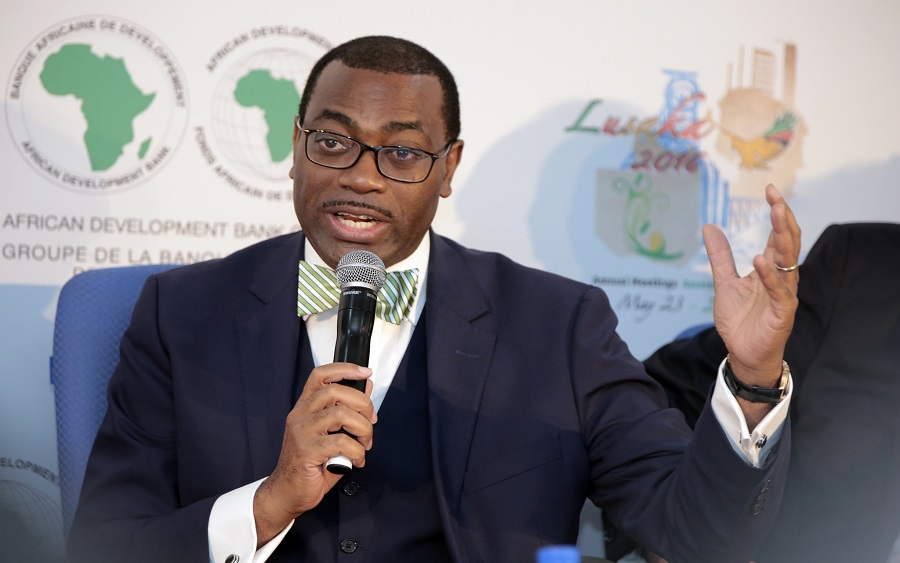The AfDB has warned that an estimated 39 million Africans could possibly slip into extreme poverty this year.

By William Ukpe
The African Development Bank (AfDB) has revealed that the Covid-19 pandemic could push an
estimated 39 million Africans into extreme poverty this year, following about 30 million who were pushed into extreme poverty in 2020.This was disclosed in the AfDB’s Economic Outlook 2021 on Friday, titled “Africa’s growth prospects bullish despite COVID-19 constraints and debt burden.”
“The outbreak of the novel coronavirus in December 2019 has taken a massive toll on Africa, hitting tourism-dependent economies, oil-exporting economies and other-resource intensive economies the hardest, as well as deepening inequality,” the AfDB said.
The Bank added that 2021’s theme “From Debt Resolution to Growth: The Road Ahead for Africa”, highlights the impact of Covid-19 and government debt, offering mitigating measures to governments and policymakers.
READ: CBN/NIRSAL reopens portal for MSMEs, individuals to access up to N25 million
AfDB warned that despite an expected economic recovery for African nations in 2021, the threat of increasing poverty needs to be dealt with as countries with lower HDI pose larger threats.
“An estimated 39 million Africans could possibly slip into extreme poverty this year, following about 30 million who were pushed into extreme poverty in 2020 as a result of the pandemic.
“The report finds that populations with lower levels of education, few assets, and working in informal jobs are the most affected and must be protected,” it said.
READ: Warning signs: Nigerians living in extreme poverty might increase by 30 million – World Bank
The AfDB warned that the “The cost of inaction will be large” as people living on less than $1.90 per day rises to 465.3 million, which is 34.4% of Africa’s population.
AfDB recommends that Africa needs a multi-pronged policy approach to addressing the pandemic. This approach includes:
- Supporting the health sector with resources for health care systems to cope with the virus and other preventable diseases;
- Monetary and fiscal support to underpin economic recovery;
- Expanding social safety nets and making growth more equitable;
- Minimizing the long-term implications of the pandemic on human capital accumulation by opening schools and
- Scaling up active labour market policies to retool the labour force for the future of work through digitalization, industrialization, and diversification.
READ: AfDB assures firms of supporting their expansion plans
AfDB’s President, Dr. Akinwumi A Adesina said that Africa needs much larger credit support and relief, urging that private creditors need to be implemented as a solution.
“We need to address Africa’s debt and development finance challenges in partnership with the international community. Much larger financial support is needed, and private sector creditors need to be part of the solution. The time for one last debt relief drive for Africa is now,” Adesina said.
What you should know
- Recall Nairametrics reported in October 2020 that the World Bank warned that as many as 150 million people would fall into extreme poverty by 2021, due to the economic effect of the pandemic.




No comments :
Post a Comment